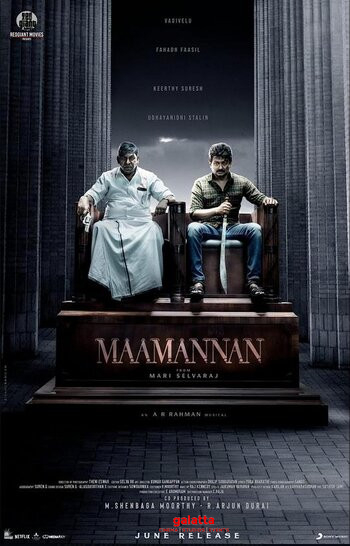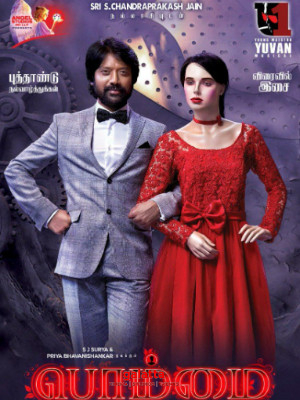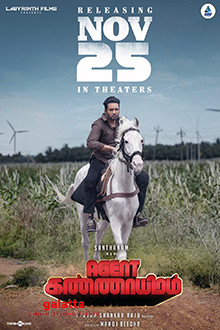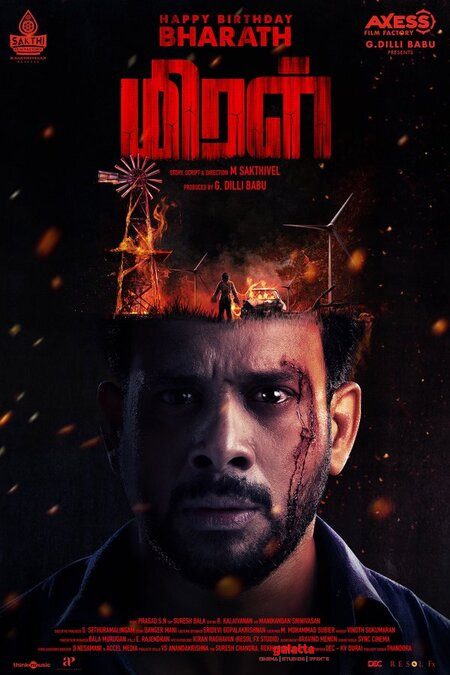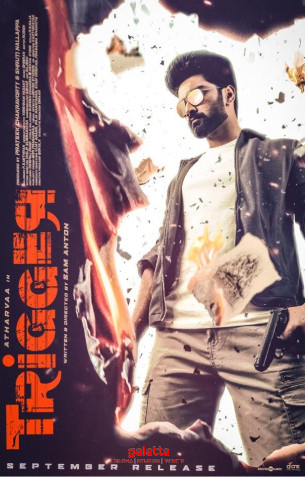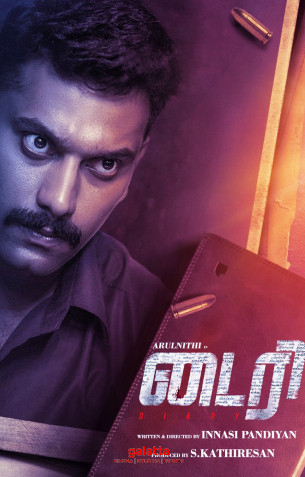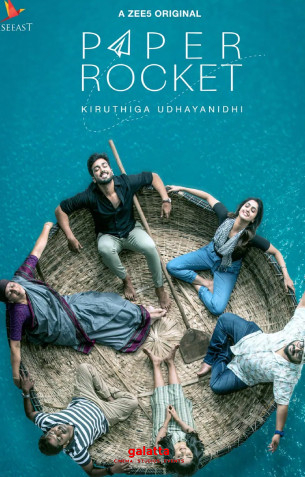Tarla Movie Cast & Crew
After Tarla Dalal (Huma Qureshi) becomes a success, she finds that it has come at a cost: she is unable to care for her family the way she used to. At one point, when Tarla is in discussions for a TV show, her mother is forced to cook for Tarla's husband (Nalin, played by Sharib Hashmi) and three children. She tells Tarla that she can be a "heroine" outside, but first she has to be a wife and a mother inside the home. Deciding to quit the show, Tarla tells her producer, "I am only doing what any woman would do." The producer, who probably knows a thing or two about being a working woman, replies, "No. You are doing what no man would do." The point is made as part of a conversation, with little fuss. And that's how the rest of the film operates: with little fuss.
Piyush Gupta's Tarla is the story of a woman who wants to do something: "Life mein kuch karna hai." Her mother tells her to get married first, and then do whatever she wants. But even after Nalin agrees to support whatever her decision is, the question remains: What is that something that Tarla wants to do? What is that something that will make her feel that she has made something of her life? Given the times the film is set in (Tarla Dalal's first cookbook came out in 1974), the answer is painfully touching. Cooking is considered such a regular, day-to-day thing for a woman to do that no one thinks of it as an art, a special talent – no less special than the talent that, say, a Shakuntala Devi had. Tarla herself wonders: "Yes, I can understand tuition classes for maths and science… but for cooking?"
But that is how she becomes famous. First, she coaches young women who are about to enter a marriage market where the ability to make perfectly round roti-s is a sign that the woman stands a chance. The way to a man's heart is through his stomach, et cetera. Even here, there's something sneaky at work. If your food is good enough, it may become a bargaining chip that lets you do what you want to do. Your mother-in-law may not care if you are a working woman when you have magic hands in the kitchen And thus, the daughter of Tarla's neighbour gets to be a journalist. Seeing her happiness made me happy. But another part of me was sad that the only way she could pursue her dreams after marriage was by learning to cook. I was reminded of the working women in Mumbai local trains who'd calmly slice vegetables and make other preparations for the dinner they'd have to make once they reached their homes.
In fact, even the reason Tarla takes her cooking to the next level is due to Nalin. She is vegetarian, someone who cannot even sit near a man who is enjoying his chicken at a restaurant. She persuades Nalin to move to another table. Now imagine her shock when she discovers Nalin is a hardcore meat-eater. Tarla's neighbour is played by Bharti Achrekar: a nice touch, given how many TV serials of the 1980s the actor has been in. Her mere presence evokes an era. This woman remarks that even the names of non-vegetarian food sound so tasty: say, "murgh musallam". Tarla counters this by making an equivalent vegetarian dish that she calls "batata musallam". Nalin loves it. The best thing about this entire episode is that there is no conflict. Tarla does not sulk or weep or confront Nalin about his eating habits. She quietly ensures that he comes over to her side, by doing what she does best.
And what about Nalin? He is super-supportive at first, even after he loses his job as an engineer in a textile mill. He says he is idling away at home anyway, so he might as well type out Tarla's recipes. I liked the way he expressed himself. He admits that he feels bad that she has something to do and he doesn't. But he says he'll feel worse if she lets go of her goals. Sharib Hashmi is wonderful at bringing out Nalin's innate decency as well as the passive-aggressive man Nalin becomes as his wife's achievements keep reminding him that he does not have a job. Tarla, with so many things on her mind, naturally becomes a little self-obsessed and distracted, and all it would take to bring her back to normalcy is a normal conversation. But Nalin would rather seethe silently than have that conversation – probably because that will help him feel more like a martyr.
Tarla moves through these issues deftly, with a lightness of touch that's refreshing. Cinematographer Salu K Thomas works with a bright, cheery palette (there's barely a shadow in sight). The music is cutesy, like the writing touches that have Nalin giving marks for everything or Tarla feeding the family the very same dish every day till she gets it right. Huma gives a broad performance (at times, she seems lost, unable to find a pitch for the character) – but then, this is a broad film. And I bought the broad ending, where the Indian Man is exposed for what he is. I would have liked a more nuanced look at what must have surely been a more complicated life, but there's a smoothness to Tarla that makes it both an easy watch as well as something that takes us to a particular place and time. Like mom's home-cooked food, it goes down easy.


